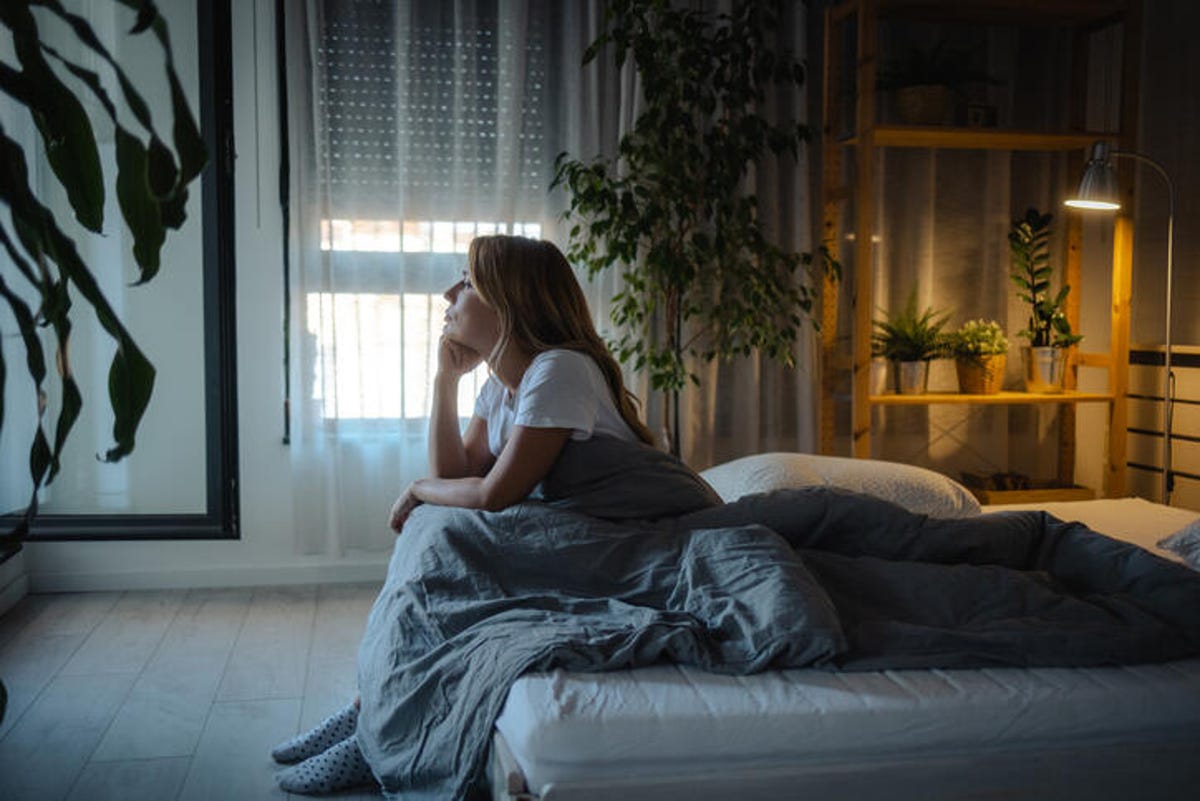There’s a lot of research into sleep disturbances and mental health. I’ve written several stories that explore the topics over the years. But there’s less research around the extent to which your circadian rhythm — which regulates your sleep — affects your mental health.
A new review published in the Proceedings of the National Academy of Sciences suggests that examining the relationship between circadian disturbances and mental health can open up holistic treatment options that benefit each.
Let’s dig into the circadian rhythm, why disruptions can exacerbate mental health conditions and what to do about it.
Read more: Best Mattresses for Optimal Sleep
What is circadian rhythm?
The circadian rhythm is our body’s internal clock that starts and stops several bodily functions like body temperature, appetite and sleep. Your circadian rhythm is naturally aligned with the sun, so you get tired as the sun goes down and alert with exposure to light. It does this thanks to the hormone melatonin, which tells our internal clock when it’s time to sleep.
Pretty simple, right? If only. There’s a lot of room for this natural process to go wrong.
Electricity blurred the lines between night and day, allowing people to stay up later than usual. Thanks, Thomas Edison. Advancements in technology continued to introduce new sleep problems for us, like shift work disorder, which is a circadian rhythm sleep disorder marked by insomnia and depression.
“This rhythm is directed by sunlight and cortisol, our stress hormone. Disruptions in our rhythm can throw off our sleep cycle and our ability to regulate our mood,” said Jill Harkavy-Friedman, who holds a PhD in Clinical Psychology. Harkavy-Friedman is the senior vice president of research at the American Foundation for Suicide Prevention.
“Our natural hormonal cycle is working overtime when our schedule is changed or thrown off by things like changes in time zones or daylight savings,” Harkavy-Friedman adds.
Circadian rhythm disorders occur when your body’s internal clock no longer matches your environment. They’re also referred to as sleep-wake cycle disorders. Examples include jet lag disorder and delayed sleep-wake phase disorder.


